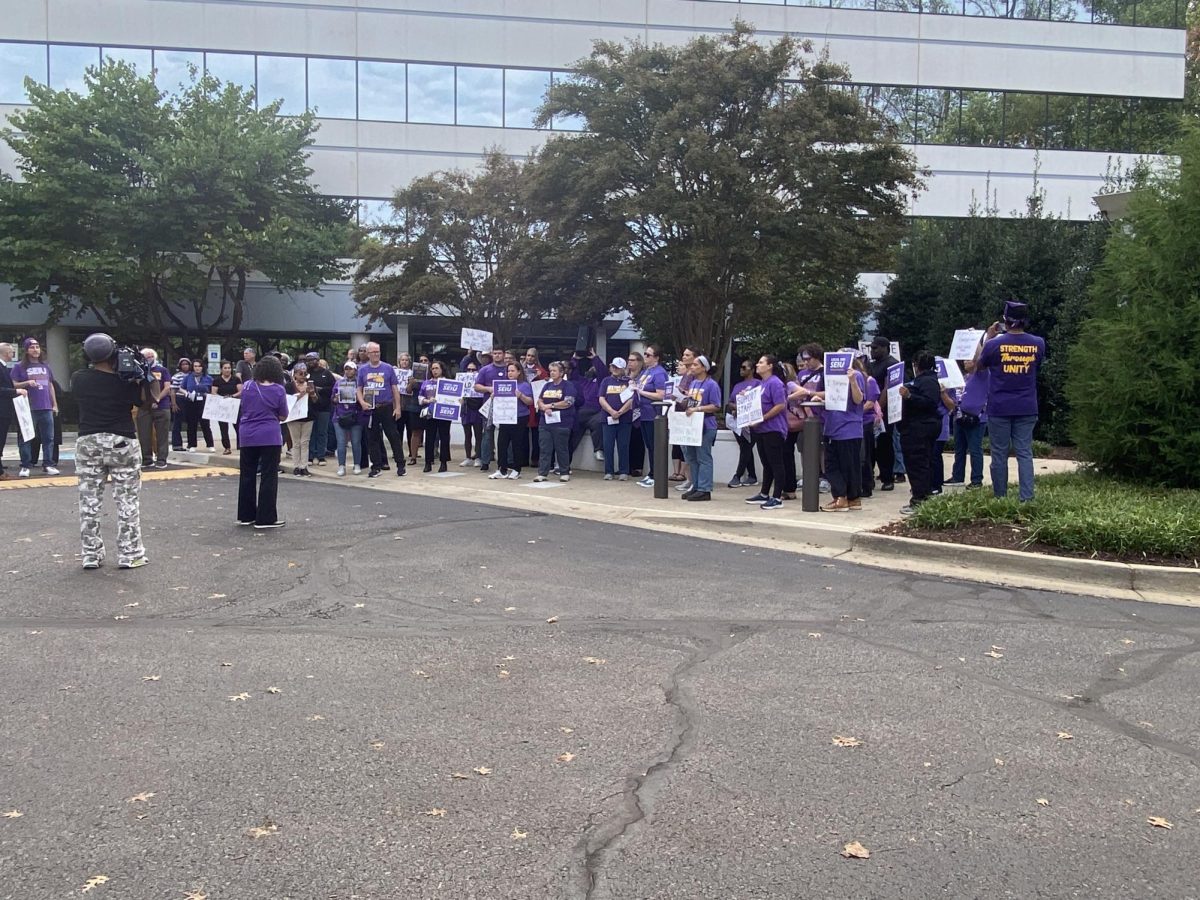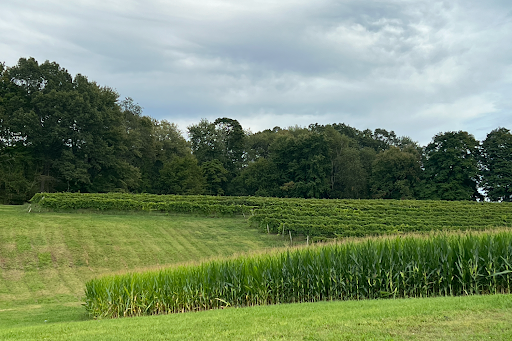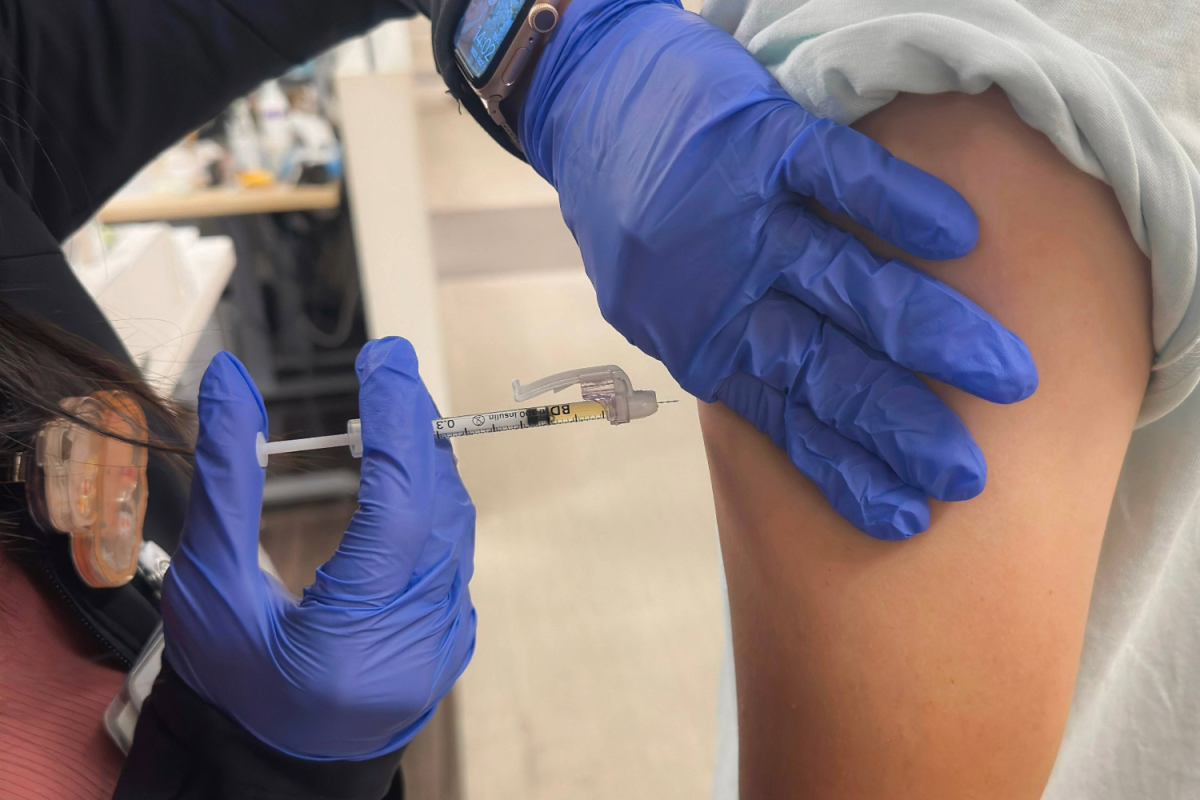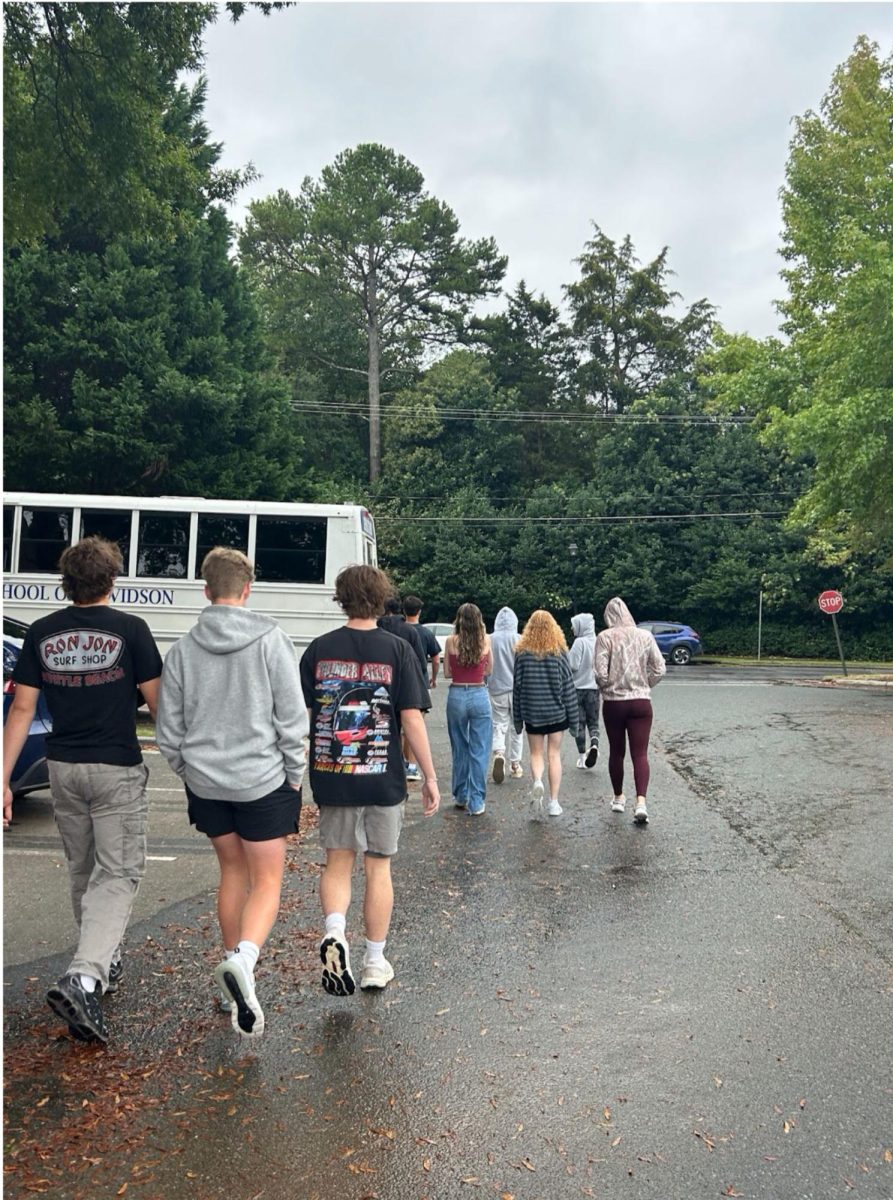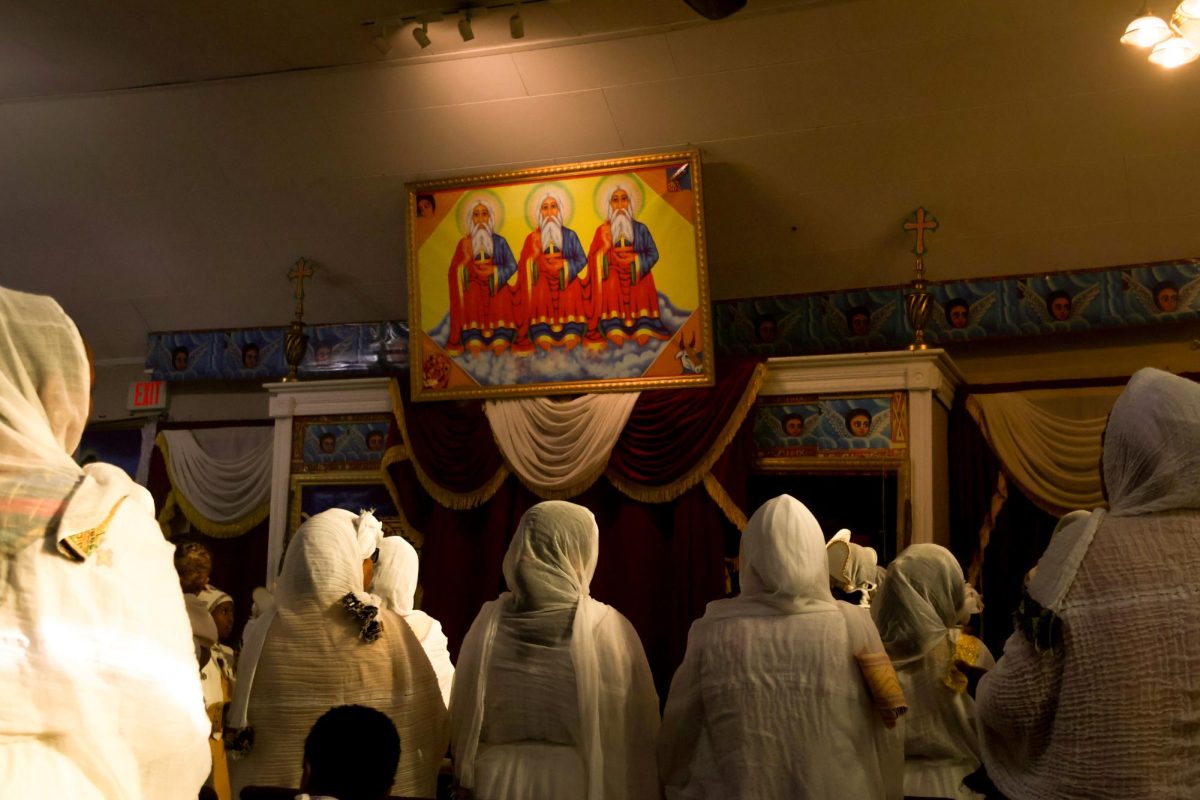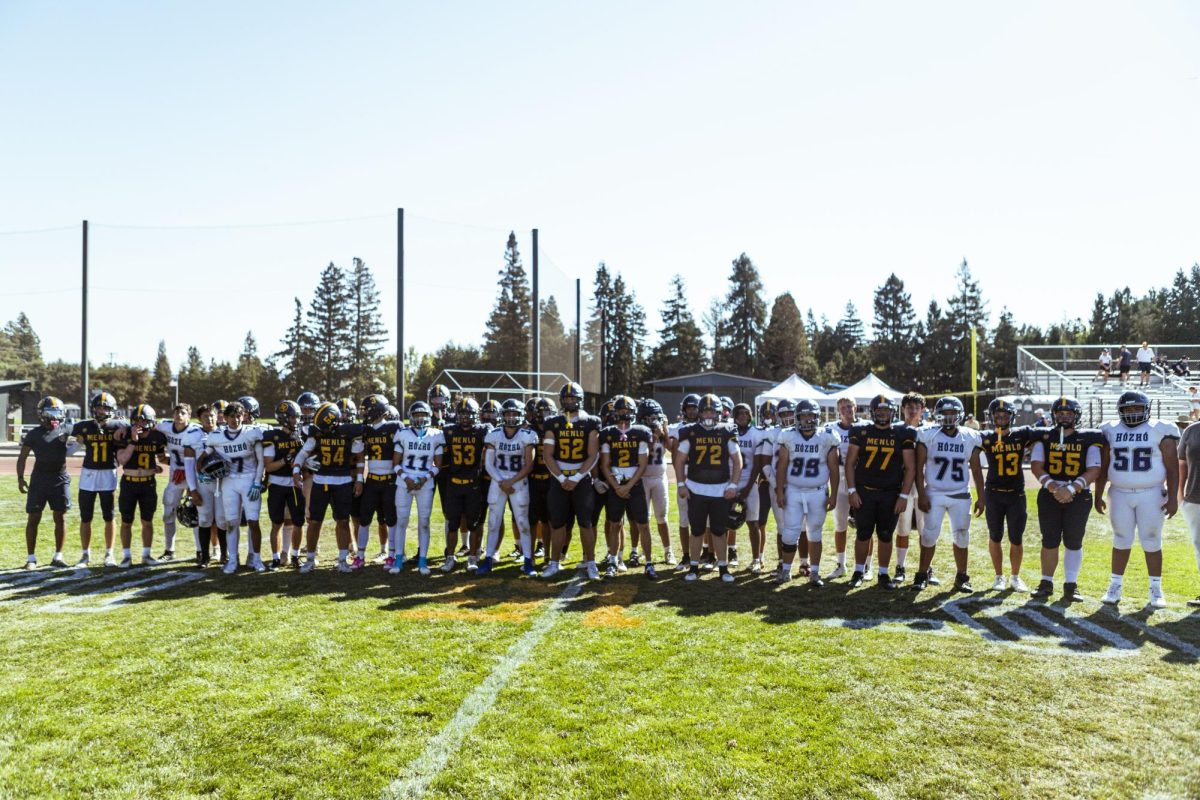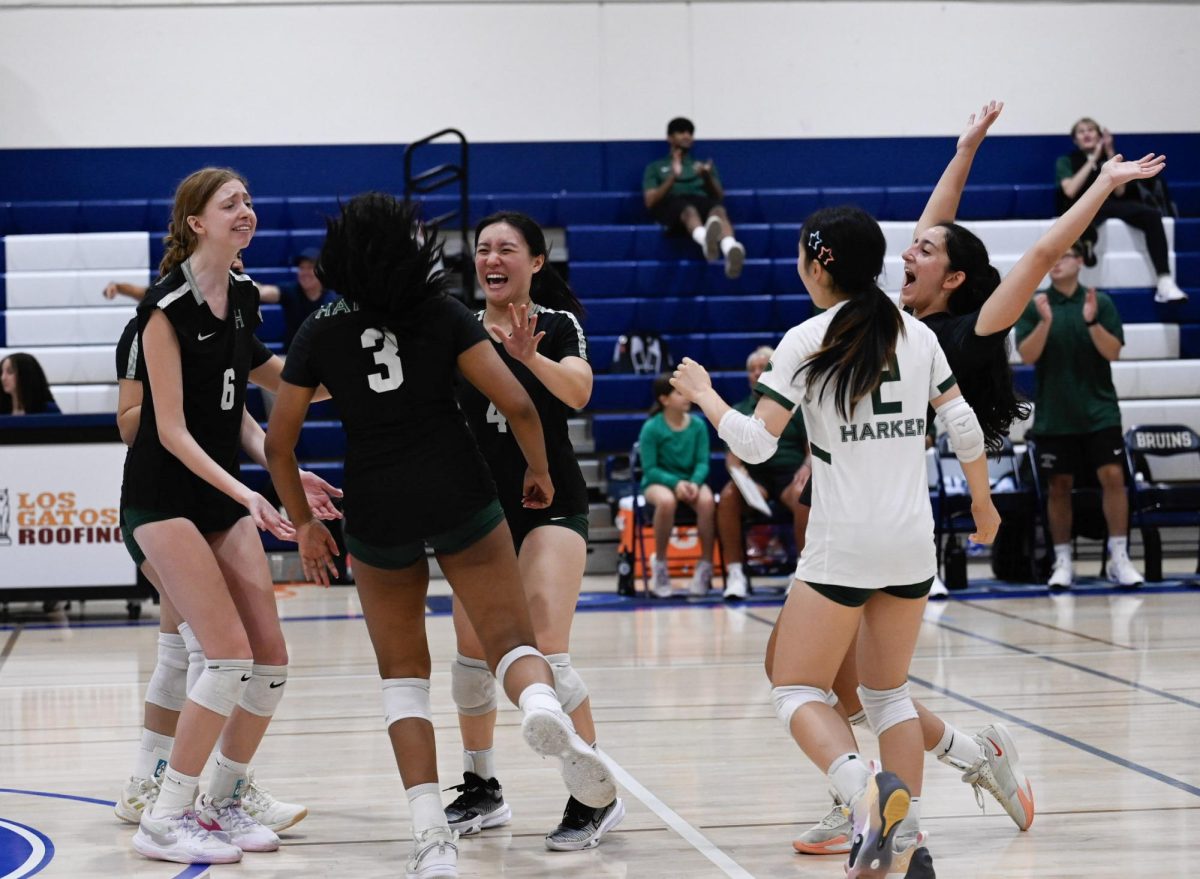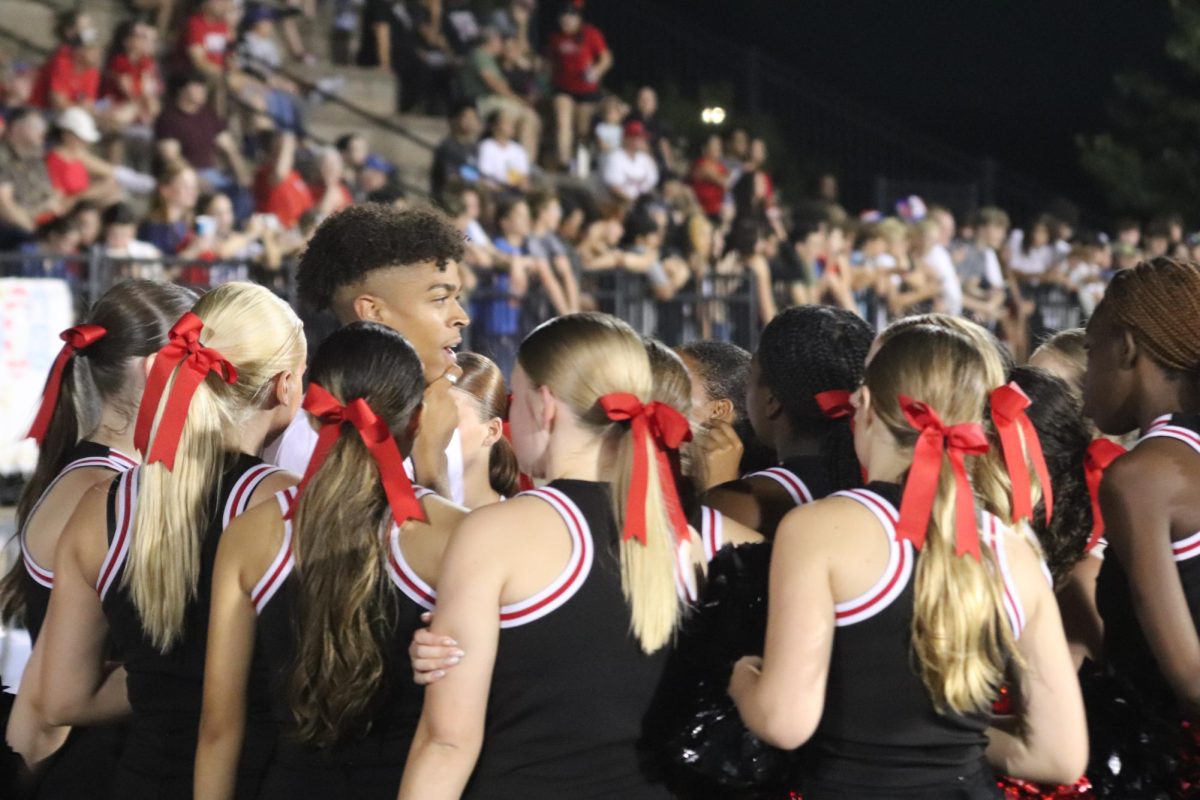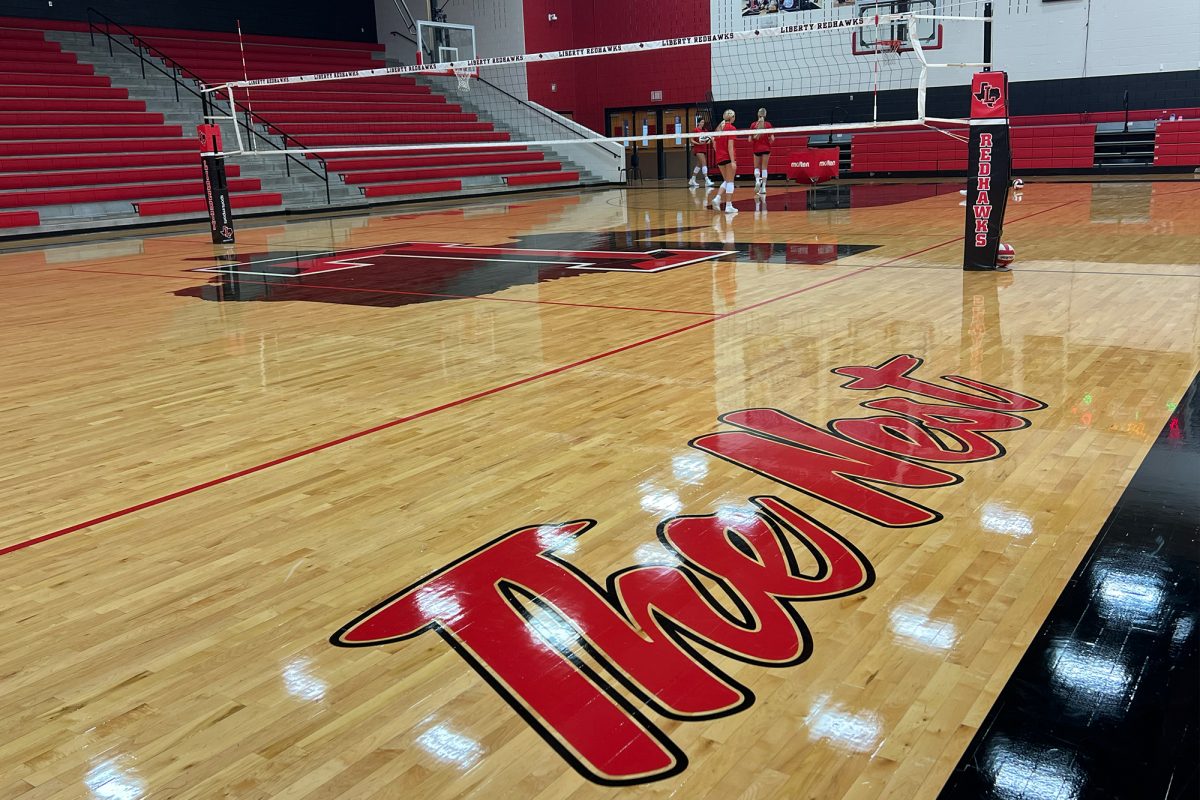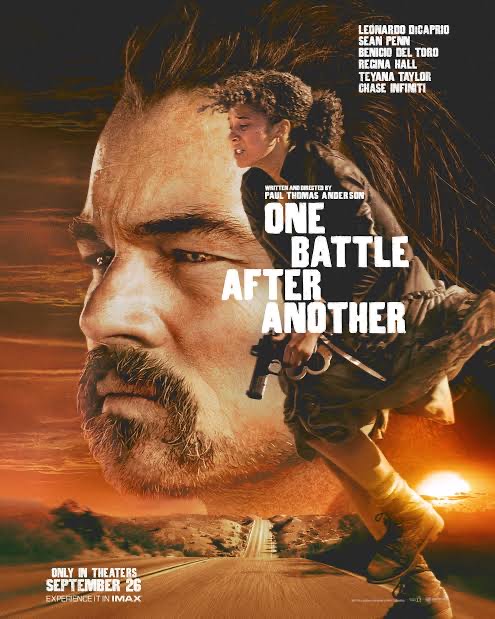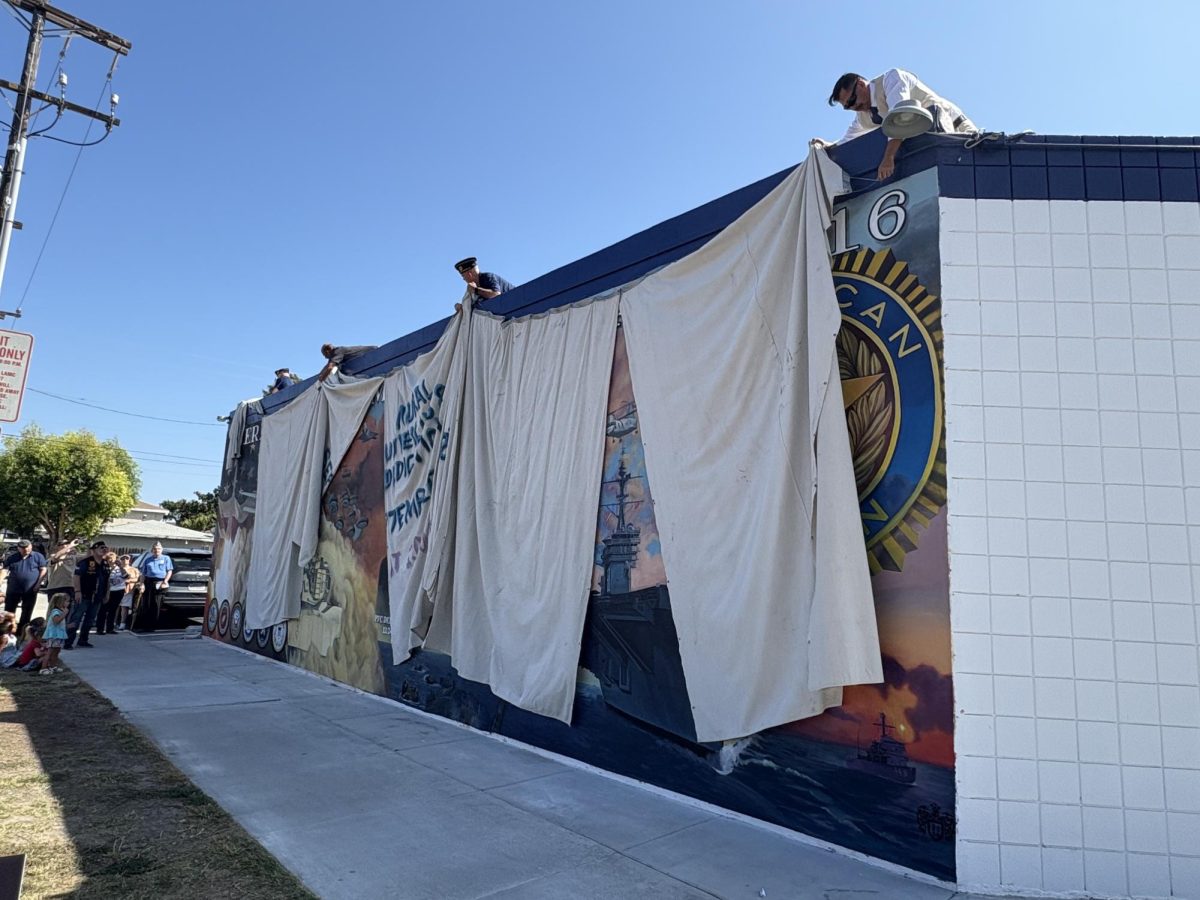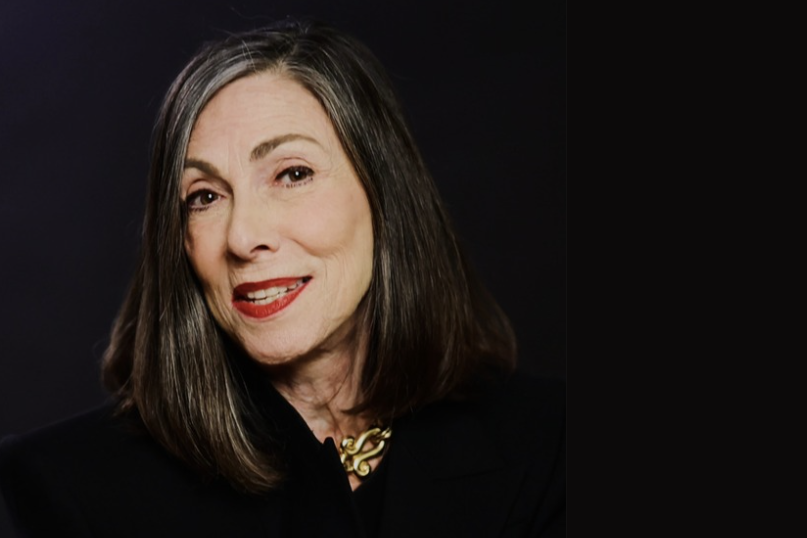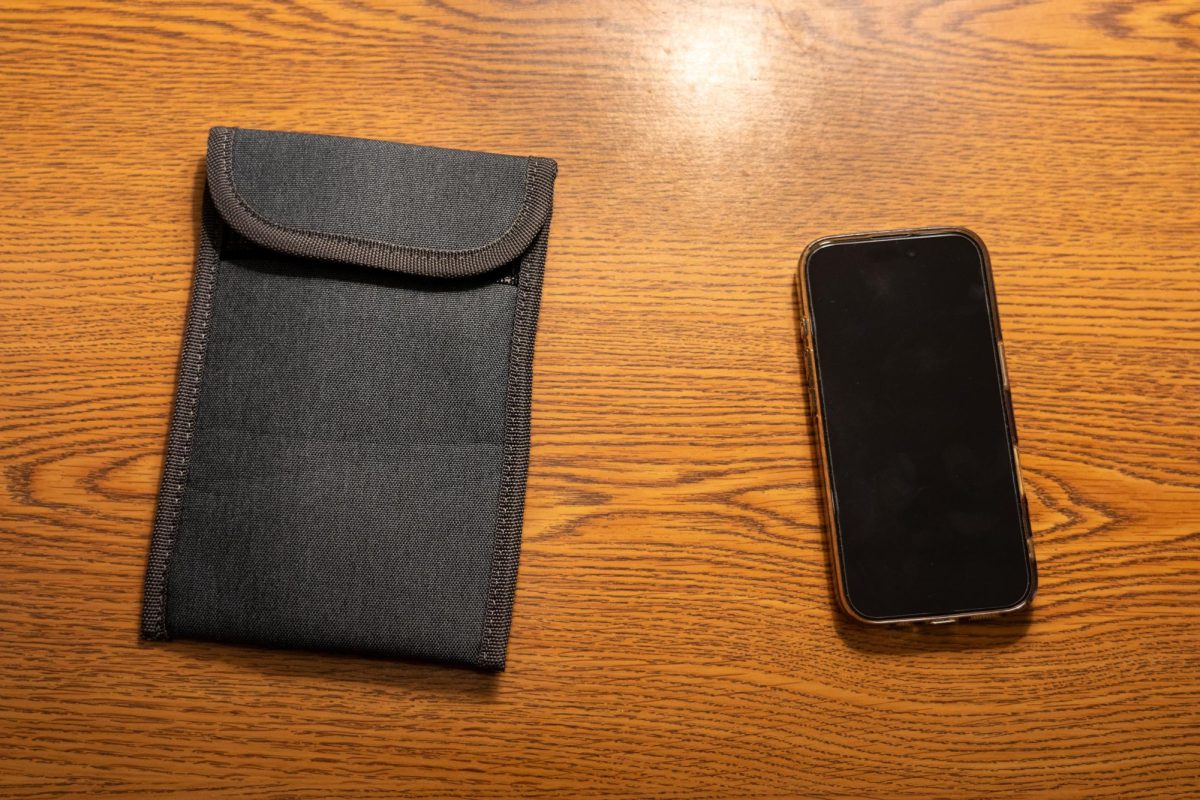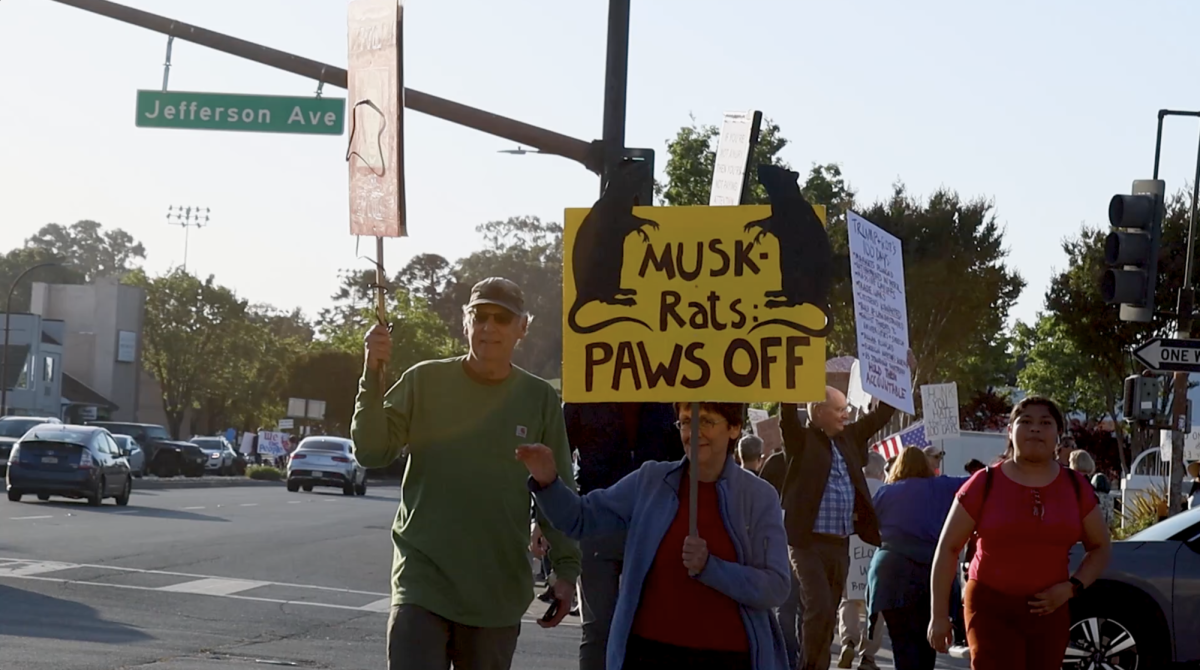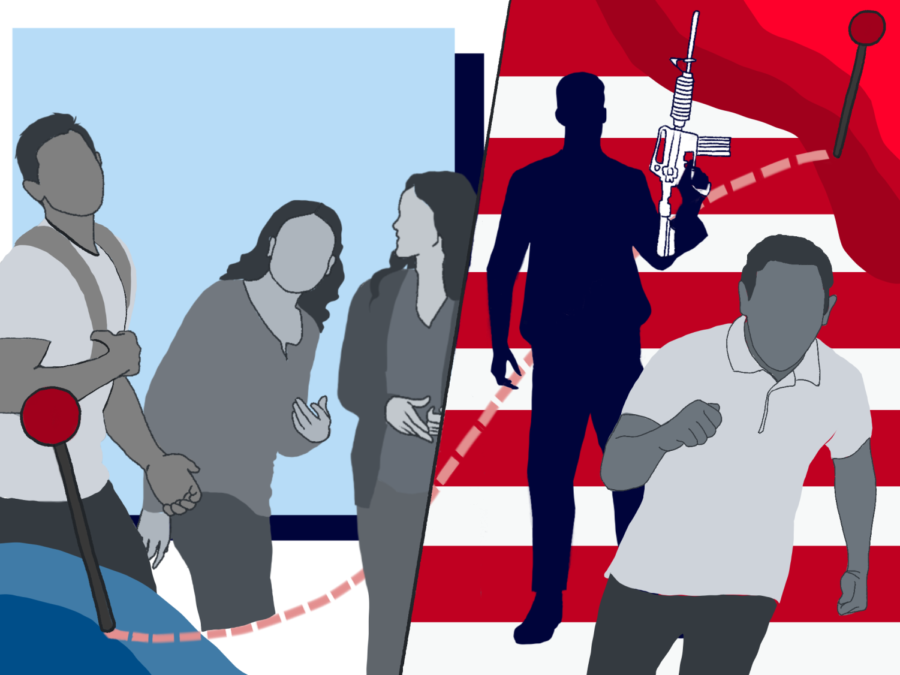Arms across oceans
Exploring international insights on American gun culture and policy
May 3, 2023
As a 12-year-old growing up in Zimbabwe, English teacher Doug Leresche was mugged and chased by a man with a metal pole. If his assailant had a gun instead, Leresche believes the stakes would have been higher and he could have lost his life. When Lersche turned 18, he moved to South Africa, where he encountered many more gun owners than in Zimbabwe. In fact, armed criminals recently invaded his family home in South Africa — despite this harrowing experience, Leresche says he does not believe owning a gun would have improved the situation.
“My parents had a home invasion three months ago, and they were tied up and held at gunpoint,” Leresche said. “The house was ransacked, and in that situation, [if my parents did own a gun, it] wouldn’t have changed anything for the better — it certainly wouldn’t have created a situation where they live from it.”
According to Leresche, South Africa has more gun-related crimes and deaths than Zimbabwe because of the high amount of guns in circulation, lax gun laws and the region’s violent history. He also says that because many South Africans own guns, criminals are likely to use them to ensure they can defend themselves. However, Leresche, who moved to the United States for a better life as a student at West Valley College, believes the U.S. faces a different set of challenges when it comes to gun violence.
“Ironically, people use guns to kill innocent people significantly more in America than in South Africa,” Leresche said. “[In South Africa], it’s typically not one person wiping out a lot of unarmed people.”
Freshman Charlotte Zhou, who moved to Cupertino from China in 2022, says the U.S. has both more guns and gun violence than China, where guns are more socially taboo and harder to obtain.
“In China, guns are a very dangerous topic to mention because we [are] not allowed to use guns,” Zhou said. “If we mentioned guns, the first thing we’ll think is [guns are] only there to kill people. [In China], only special cops can have guns, so it is very far from our daily lives.”
Similarly to Zhou, sophomore Ray Chang moved to Cupertino recently and says guns are more socially accepted in the U.S. While living in Taiwan, Chang and his family learned about gun violence in America through various news outlets. Although Chang’s dad was nervous about the violence and contemplated purchasing a gun, finding that they were cheap and easy to get, he decided not to buy one out of fear it would be used in a dangerous manner.
Although Chang has encountered gangs in Taiwan, he feels more unsafe in the U.S. because he is aware strangers might be armed, a sentiment echoed by freshman Prithik Karthikeyan. Karthikeyan says that after moving to the U.S. from Bangalore, India, he has changed the way he talks to strangers out of fear of potential shooters.
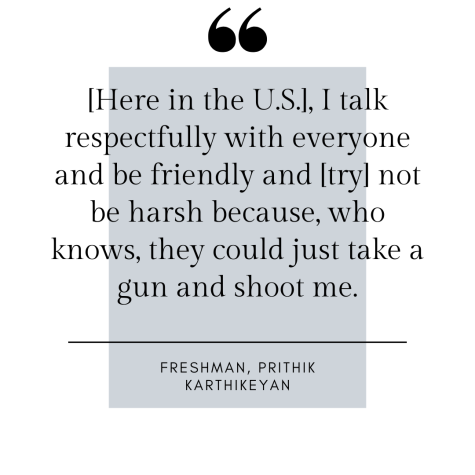
“[Here in the U.S.], I talk respectfully with everyone and be friendly and [try] not be harsh because, who knows, they could just take a gun and shoot me,” Karthikeyan said.
This fear of shootings is a shared sentiment among many Americans. With the rising number of school shootings in the U.S., various state legislators have discussed arming teachers with firearms to protect against potential shooters. However, Lersche believes this solution is dangerous because if “more people have guns, more bullets are [going to be] fired.”
“The argument [is] that the fifth grade teacher will get into a gunfight with the shooter, and everyone else will be OK,” Lersche said. “But I [also understand] the other side because if they’re not armed, they’re slaughtered like lambs. It’s not to say that there’s necessarily a better solution, but I would never want to be in that situation because there are kids around that I might shoot. I’d much rather just be jumping in front of a bullet than killing other people who are innocent as well.”
Karthikeyan agrees with Lersche and says it shouldn’t be a teacher’s duty to bring a gun to school for protection. Instead, Karthikeyan believes a quick police response should be emphasized.
“If someone stabs you with a knife, you don’t stab them back with a knife, [which is why] I don’t think teachers should have a gun,” Karthikeyan said. “[Instead], it should be harder to get a gun license than any other [type of license]. I don’t think [regular citizens] should run around with guns [because] only higher officials should have guns, like cops and military people.”
Unlike Karthikeyan, Zhou has different views on gun ownership because she lived in America without her family for a little while and therefore spent more time considering various forms of protection. While initially living with her neighbor, she contemplated putting a knife under her pillow but decided against it and instead locked her door.
“I don’t know much about [guns now], but maybe I [will] want to buy guns in the future,” Zhou said. “Because if someone buys guns around me, [maybe it] will threaten me. So it depends on where I will live in the future. If the place is dangerous, I will buy a gun [to protect myself].”
Contrary to Zhou’s solution of buying guns for protection, Chang plans to move to a different country for college to escape the rising levels of gun violence in America.
“When I first told my dad about [going to] college [in the U.S.], he [didn’t] support me [going] to college here because there’s a lot of shooting [at] colleges,” Chang said. “I was planning on going to UCLA, if possible, but we discussed it and [my dad] wants me to go to Australia because it’s safer.”
From Lersche’s vantage point, he believes that discussions regarding guns are often considered a “red flag” issue for people. Having experienced the difference in gun culture after moving from South Africa, Lersche believes that it’s essential for Americans to address the issue of gun violence in the U.S.
“[For many Americans, owning guns is their] God-given right, it just seems like a very American thing — it goes back to cowboys and whatever,” Lersche said. “I don’t necessarily understand it, but I do see [guns] as something that is quintessentially American in a lot of ways, and separating themselves from that is perhaps a challenge. I don’t see guns as the most important thing a person needs to have to be happy and safe. [Instead], knowing and understanding people is more likely to be helpful than being able to kill someone else.”
This story was originally published on El Estoque on April 14, 2023.

